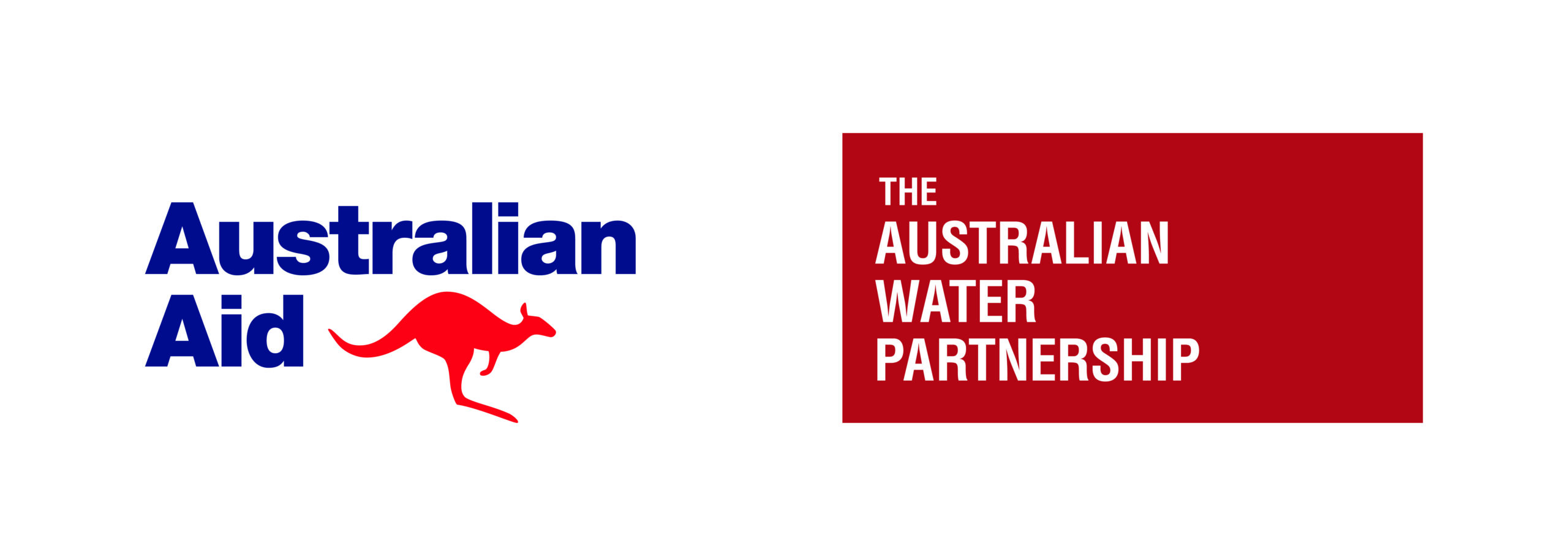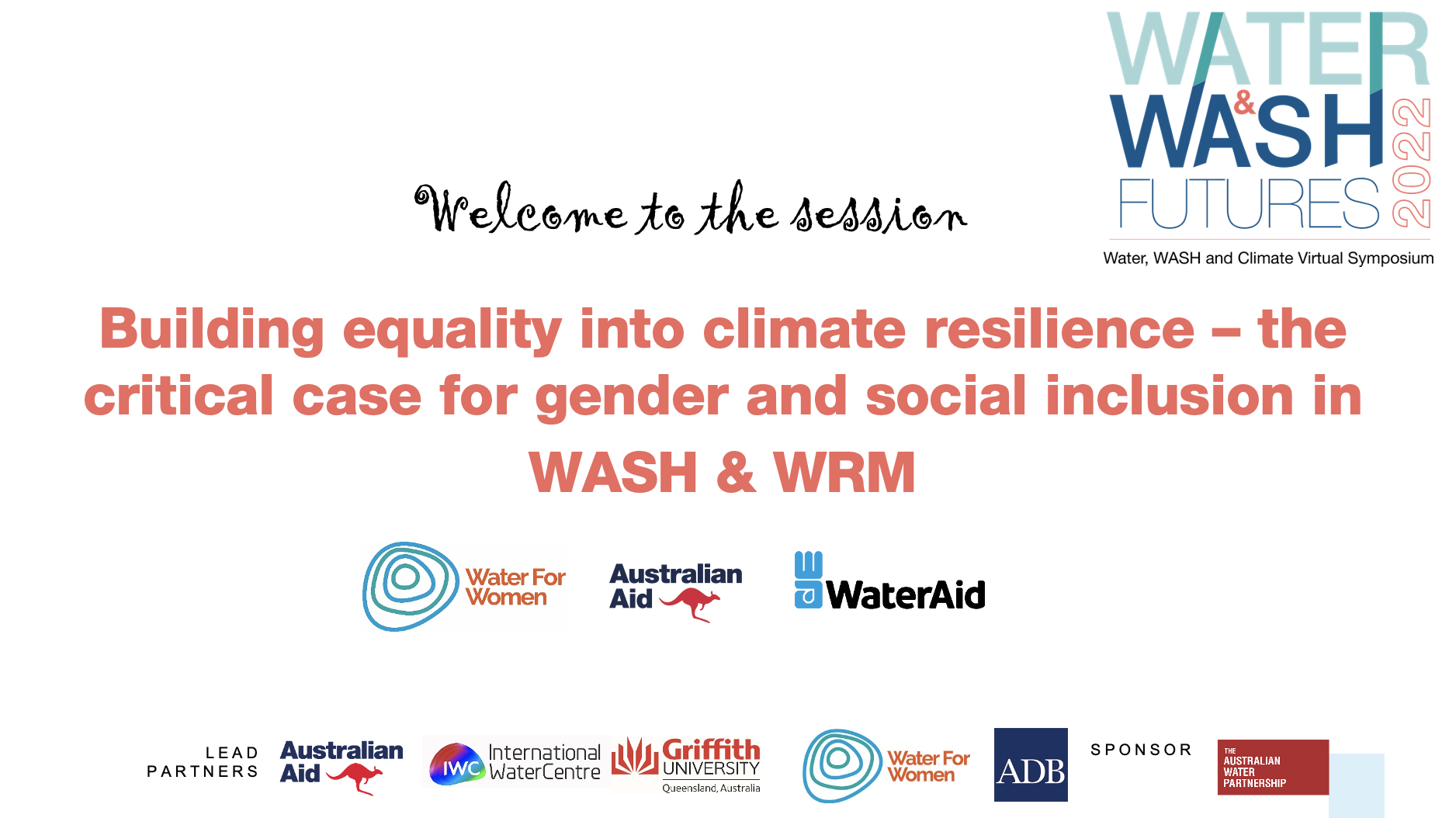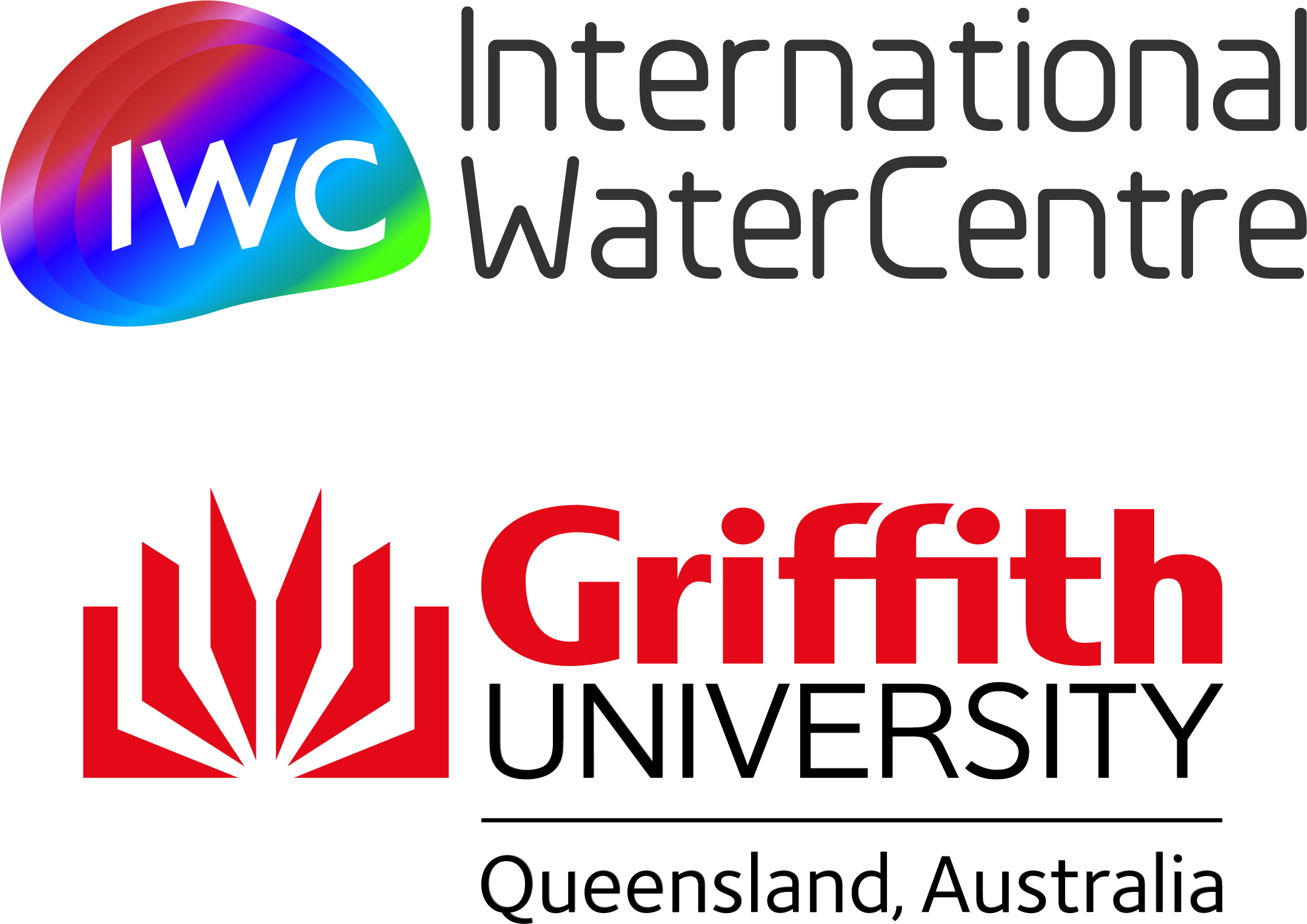Session Convenors
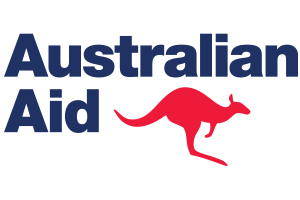
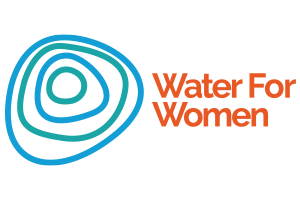
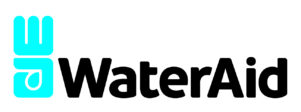
Session Information
Women and girls, and other marginalised groups, are experiencing greater inequality and are at the forefront of the climate crises. The gendered burden of household WASH-work increases; incomes and livelihoods are less stable; weak WASH services impacted by climate-related disasters will impact women and people with disabilities …and they are less likely to be in decision-making roles. It is essential that our work to improve the climate resilience of WASH systems and services responds directly to the needs and interest of women and marginalised groups. In this session we aim to share and discuss examples and experiences through three focus questions:
1 – Why is a focus on gender equality and social inclusion critical as we seek to adapt WASH and WRM systems to the impacts of climate change and to build more resilient communities?
2 – What are key lessons and insights of women and girls, and other marginalised groups, at the forefront of the climate crisis?
3 – What strategies have proven successful in both building climate resilient WRM and WASH systems and advancing gender equality and social inclusion? What are the main barriers? What are the main opportunities?
Findings from Water for Women research and subsequent learning initiative into partnerships between WASH actors and rights groups will be shared together with preliminary findings from Fund’s upcoming guidance on changing norms in, and through, WASH.
Session Recording
Click image to play
Session Resources
The Water and WASH Futures team are pleased to have partnered with the following organisations to deliver this forum.

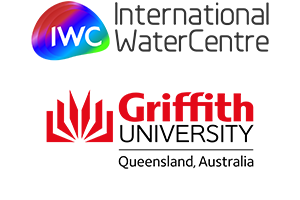

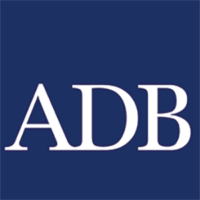
The Water and WASH Futures team are grateful to have received sponsorship from the following organisations for this event:
